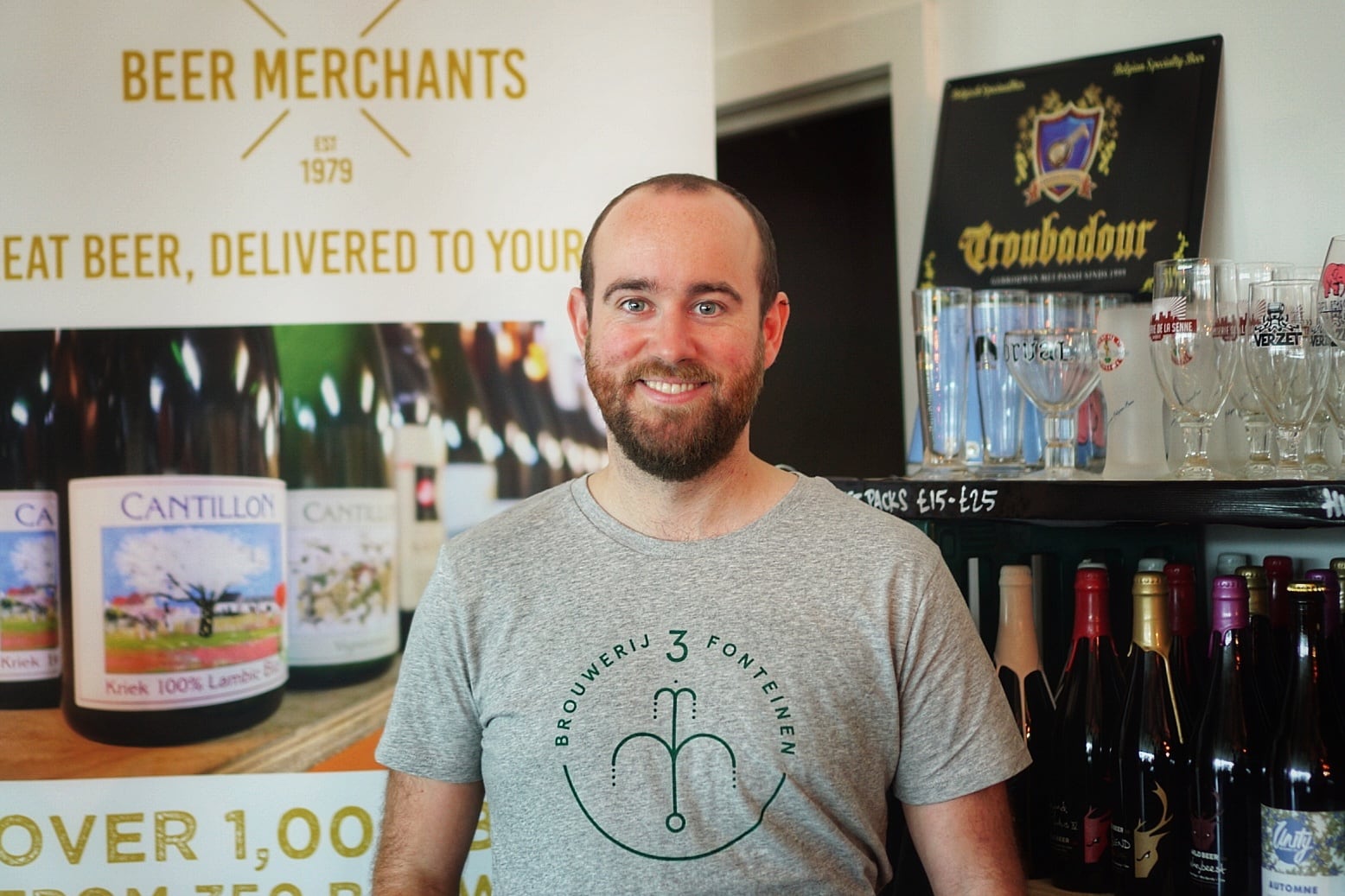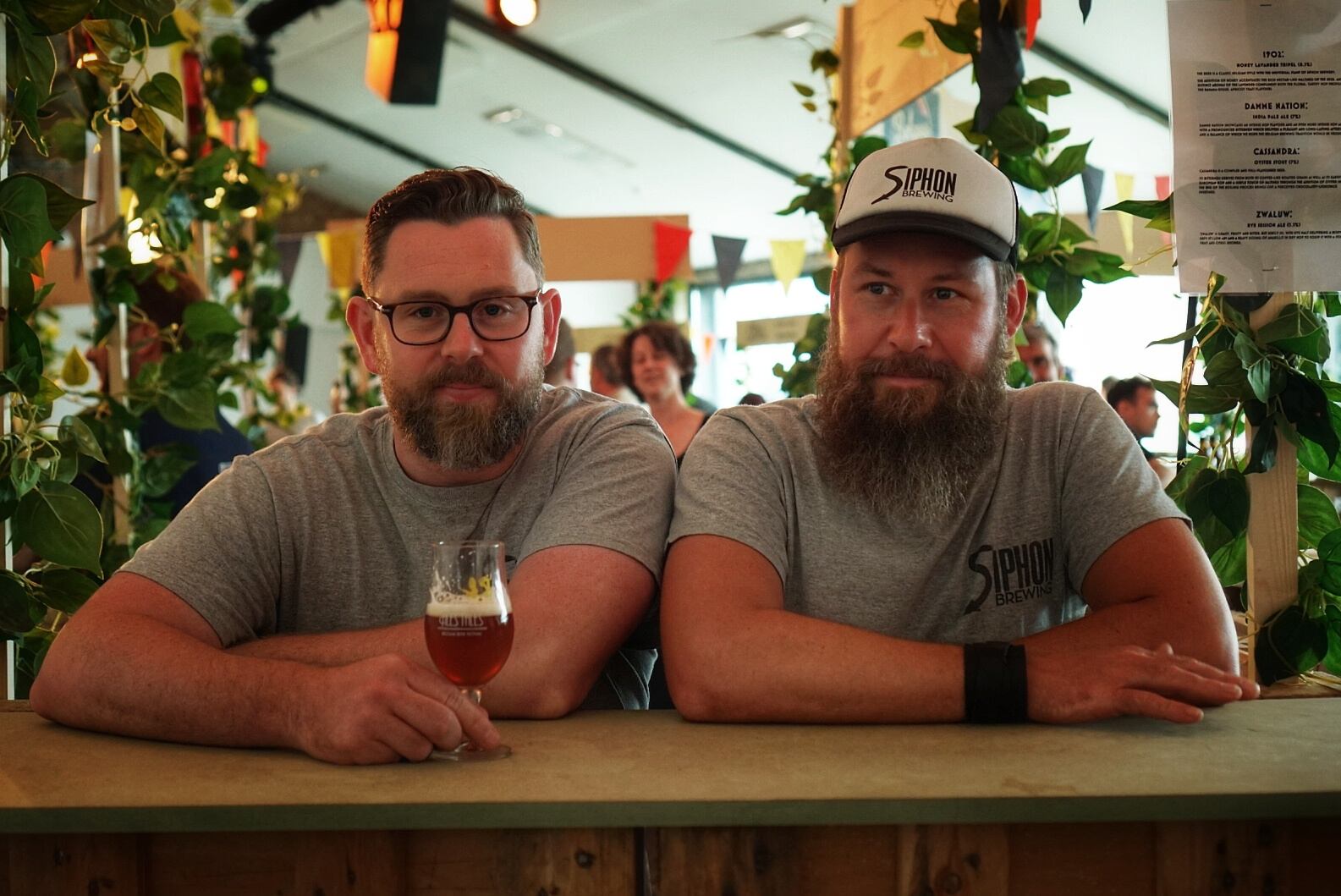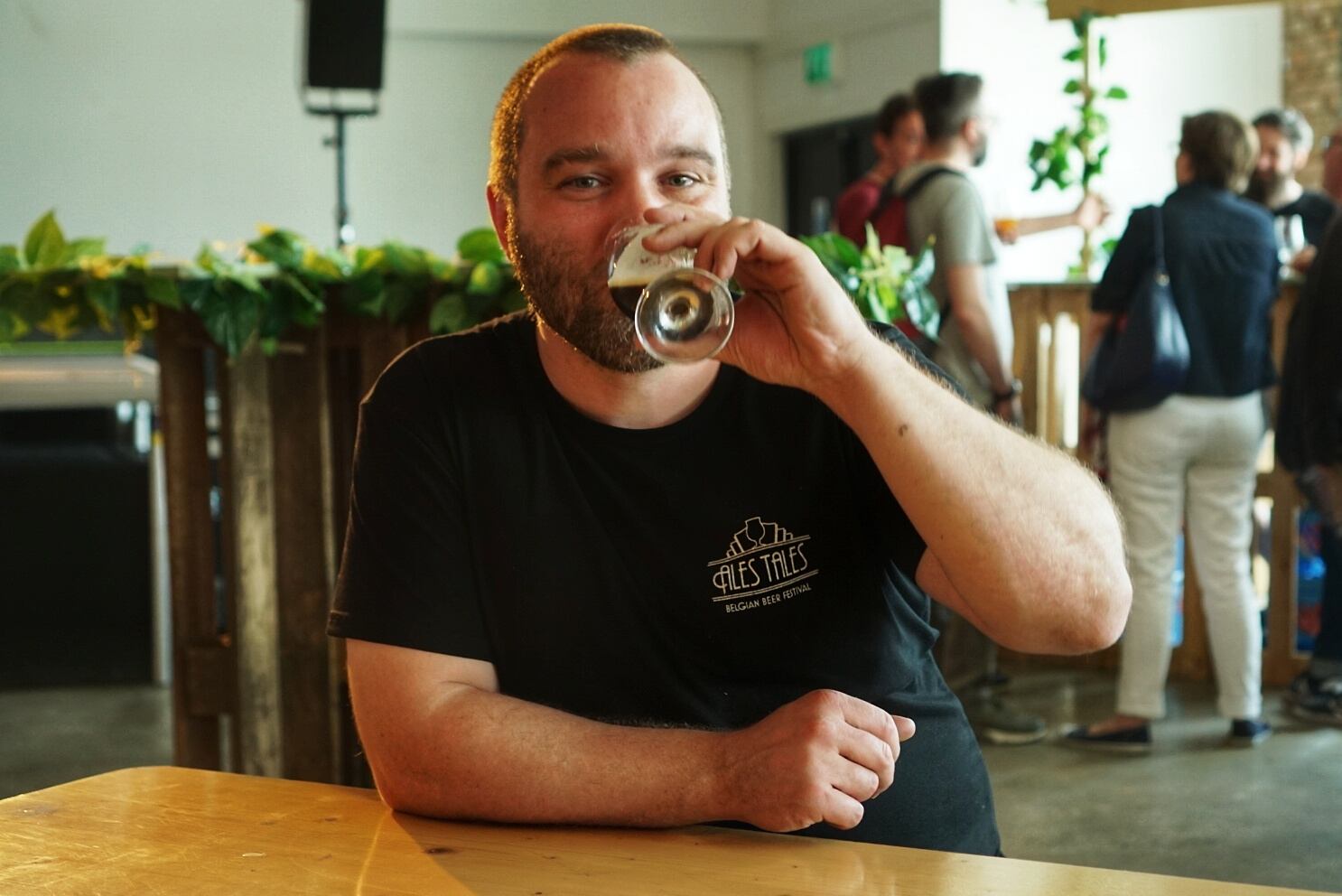Throughout the 1980s and for much of the 1990s, beer in this country was dominated by mass-produced and somewhat flavourless lager. Belgian beers, with their strong distinctive flavours and elegant glassware, were exotic rarities available in only the very specialist beer bars in the UK.
Pre-internet, information on the availability and nature of these beers was few and far between, making them a source of mystery and intrigue. Beer writers such as the late, great Michael Jackson would extol the virtues of Belgian brewing on TV and in books, and beer fans would often make pilgrimages across the Channel to cities such as Brussels and Bruges, returning with cars loaded full of Orval, Westmalle, Delirium and Brugse Zot.
Fast forward a couple of decades, and the state of British brewing is in much stronger place, with almost 2,000 breweries producing a vast array of styles, including Belgium-inspired saisons, tripels and even spontaneously fermented beers. With the UK scene in such rude health, this begs the question: what can Belgian beer still offer to pubs, and what is the value of continuing to stock a healthy Belgian range?
Sticking to the classics
One of the major appeals for Alex Greig, owner of Fuggles Beer Café in Tunbridge Wells, Kent, remains the unique flavour profile presented by Belgian beer, something he believes UK brewers still struggle to replicate.
“There's a history and a heritage with Belgian brewing, and they are very good at what they do, and some of the styles of beer they brew are completely unique to them,” he says. “I can only really think of a few styles that UK brewers are making that are traditionally Belgian. Nobody makes a wheat beer like the Belgians do, and hence we are still finding that, volume-wise, the classic Belgian beers are still absolutely flying out.”
Jonny Garrett, marketing manager for Cave Direct, a beer distributor who focuses heavily on importing Belgian beer, shares this view.
“Having Belgian styles on your bar is very important because it is a flavour profile that I don't think the UK has quite nailed yet,” he says. “There are some guys like Unity Brewing, Wild Beer Co and Six Degrees who are doing great stuff, but not many people are there just yet.
“The main thing that British consumers are looking for now is choice. As much as you need to have a house lager, a house pale ale and IPA, you also need to have something yeast-driven and that is a bit sweeter. If you're loading your bar with a load of hoppy beers or five different macro lagers that taste the same, then you're not going to attract a wider audience.
“If you're looking to diversify your audience and grow the number of visitors then you need to make sure you've got those Belgian styles and flavours on there.”
Greig adds that the diversity and range of Belgian beer is even more evident when set alongside the relative homogeneity of UK craft, which is mostly dominated by pale, hop-forward styles.
“There are more and more breweries opening up in the UK all trying to do the same thing,” he says. “I look at the brewery openings in the past 12 months and I'd say that two thirds or more are just specialising in pale ales and NEIPAs (New England IPAs). A lot of people in the industry still find that style of beer very confusing and, hence, something Belgian with that unique heritage and provenance behind it is a really nice antidote to that.
“It's like when you've been on holiday for a week drinking rubbish Pilsner and then you come home to a nice pint of 4% cask ale. I'd love to see more Belgian beer on tap in the UK, it would add to the diversity of the scene and draw more people in.”

The element of theatre
Fuggles decided to focus heavily on Belgian beer after Greig became enamoured with the culture and theatre that surrounds the country’s beer culture, and he insists any pub looking to capitalise on interest in Belgian styles needs to attempt to replicate that theatre in the presentation of the beer.
“One of the things that first made me fall in love with beer was the way that the Belgians present their beer,” he says. “The whole theatre of picking the correct glassware to having a nice big frothy head scrapped off the top. That for me was the perfect pour and there was magic in watching that happen.
“If you're doing Belgian beer, you should be looking to replicate that as best as you can and if you're going to charge people more, you have to have the correct glassware and presentation to add that extra element and value.”
Another advantage of stocking Belgian beer is, somewhat surprisingly, price. With the cost of foreign hops and other ingredients soaring, British beer is increasingly more expensive than some of its imported counterparts, and hence Belgian beer can provide a higher cash margin, and increased profit for pubs.
“The Belgian imports are actually incredibly well-priced, which maybe wasn't so evident when British beer was quite cheap but now, with UK craft, the prices have gone up and Belgian beer starts to look like a much more attractive proposition to a publican,” explains Garrett. “We can bring in a 6% blonde and that will be much cheaper than a UK producer can make a similar beer at the moment.”
“I wouldn't necessarily recommend charging more for Belgian beer but if you invest in some specialist Belgian beers like lambics you will get a higher cash margin,” he continues. “We work with lots of accounts like Lowlander and the Dove, famous Belgian bars, and some of them will also age their beers and serve different vintages, which also adds another USP to the product.
“If you buy the right styles of beers like lambics and dubbels, those types of beers will actually age exceptionally well, so it isn't a risk at all, and those beers will only sell better as people in the UK get more excited about Belgian styles.”

New kids on the block
There is also much more to Belgian beer these days than just historic styles brewed under the supervision of monks. The global beer revolution has even reached the most traditional of beer cultures and there are now a number of younger, modern, outward-looking Belgian brewers taking influences from all over the world in their brewing.
One such producer is Siphon Brewing in West Flanders. Since being founded in July 2016, this innovative microbrewery has focused on a mixture of Belgian and international beer styles, brewed by Irish co-founder Breandán Kearney.
“I love the fact that, in Belgium, you now have younger breweries with more of an international focus and older breweries focusing on tradition,” he says. “At Siphon, what we are trying to go for is a whole 'old world meets new world' ethos because I don't want to put my finger up to the heritage of Belgian brewing – we want to respect that and be part of that, while also taking inspiration from other countries as well.
“Another example is 't Verzet, which is brewing more modern, lower ABV beers but also brewing things like Oude Bruin (a type of brown ale originating in Flanders), and claiming that as its own despite being a very young brewery.”
This marriage of authenticity, innovation and tradition means that Belgian beer continues to keep pace with the growing international scene. Earlier this month, London drinkers flocked to Oval Space for the second annual Ales Tales festival, which showcased beer from a mixture of 20 old and new Belgian breweries.
Co-founder Nicolas Tondeur is enthused by the new wave of Belgian brewing and its embrace of more international beer styles, but stresses the importance of losing the traditions and ideas that made Belgian beer so sought after in the first place.
“We have to keep doing what we do best, and try to differentiate ourselves on the tradition of Belgian brewing,” he says. “If you speak to many Belgian brewers they will tell you how important tradition is to their business.
“While we have to innovate, and we are, we shouldn't try to replicate what is being done elsewhere in beer. We should try to explain to the UK market what Belgian beer is and what is different and special about it.
“It is a tough market in London for sure, there are 100 breweries, whereas in Brussels there are just six or seven. It can be hard for Belgian beer to get through but we have ideas of how we can bring more attention to what we are doing.”

Similarities evident
Tondeur, Greig, Kearney and Garrett all believe that Belgian beer has a place and an important role to play in the UK market. Kearney points towards a number of similarities between the beer cultures of the two nations as evidence of the influence the two scenes continue to have on one another.
“The links between the UK and Belgian beer culture go back a long way,” he says. “You look at the inspiration that porter brewing in London had on the likes of Rodenbach, and the connection of the hop-growing culture in the north-west of Belgium where we're all still growing mostly English varieties like Challenger and Goldings.
“Then look at the tradition of cask beer and the way it is produced – the similarities in process and flavour profile you are getting is very similar to bottle conditioning in Belgium, which is still more than 90% of how beer is packaged in the country.
“It's really exciting to see in the UK people like Burning Sky putting in a coolship and making spontaneously fermented beer. To do that, and do it well, is a real ode to Belgium and a mark of respect to the beer culture of the country. We are two nations that share a similar love of beer.”
On the subject of what the future holds for Belgian beer, Garrett predicts a move towards lower ABV, more drinkable beers will help Belgian beer sales continue to prosper in the UK, at a time when mindful drinking is high on the agenda of pubgoers.
“Belgian beers are famous for being drinkable but too strong,” he says. “Now what we are seeing is brewers starting to bring their ABV down, while keeping that drinkability, which is an important trend that should help Belgian imports and British-made Belgian styles sell better in the future.”
